Do I need a carer? How to tell if you or a loved one needs support
Deciding when it’s time to look for the support of a carer, whether for yourself or for a loved one, can feel overwhelming. Not only is it difficult to see the signs of needing additional help, but it can feel daunting to begin searching for the care you need.
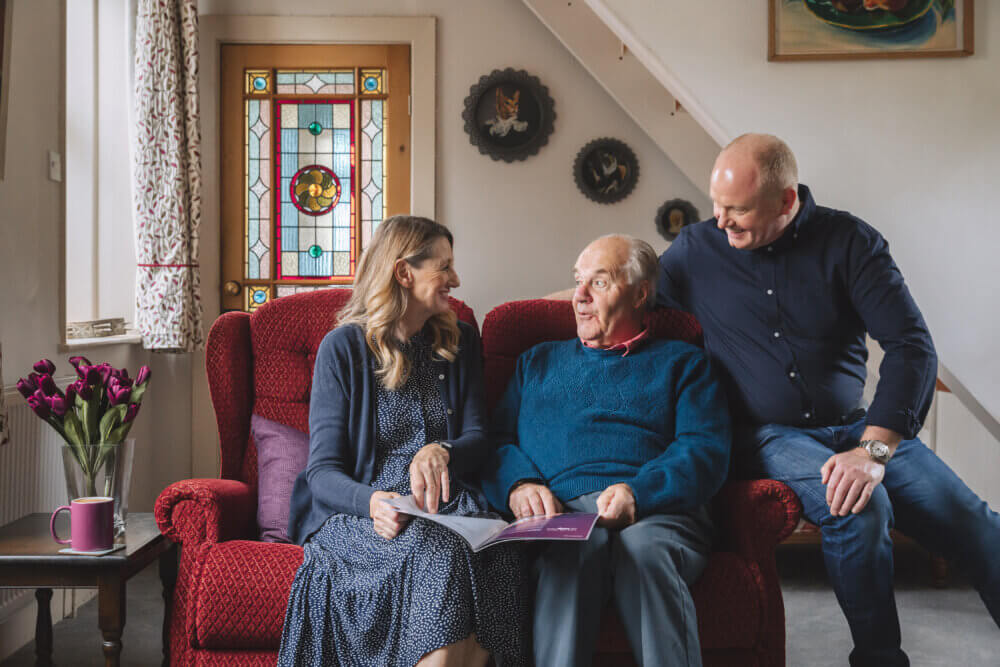
How to tell if a carer is needed for you or your loved one.
If you are wondering how to identify when the “right” time might be, know that the answer to this question will be different for everyone and may depend on a number of factors – the health and mobility of an elderly person, the level of support from family already available, the home setup, and more. Here, you will find the most common signs that it may be time to start having conversations about enlisting support. This can provide many long-term benefits, and could be the beginning of a much easier, more enjoyable daily life for yourself or your loved one. At Home Instead, our aim is to help people age positively and in place by bringing expert care to their home. For nearly 20 years, we have been providing the highest standard of care, and creating industry-leading training programmes for our Care Professionals that are accredited by nursing and medical professionals. Today, we are the world’s largest global home care network, supporting over 100,000 older adults with personalised, tailored care at home. So whatever questions you have about the need for care services, we can help.
Who could benefit from care?
Many people of all ages and backgrounds can benefit from receiving care, whether at home or in another setting such as a care home or clinic. Care can be helpful – or in some cases a necessity – for seniors, individuals with disabilities, those with significant health challenges, or anyone recovering from an illness or surgery. Someone with mobility or health issues could require help to avoid excessive movement or strenuous activities, while those with cognitive issues may need help with things like remembering to take medication.
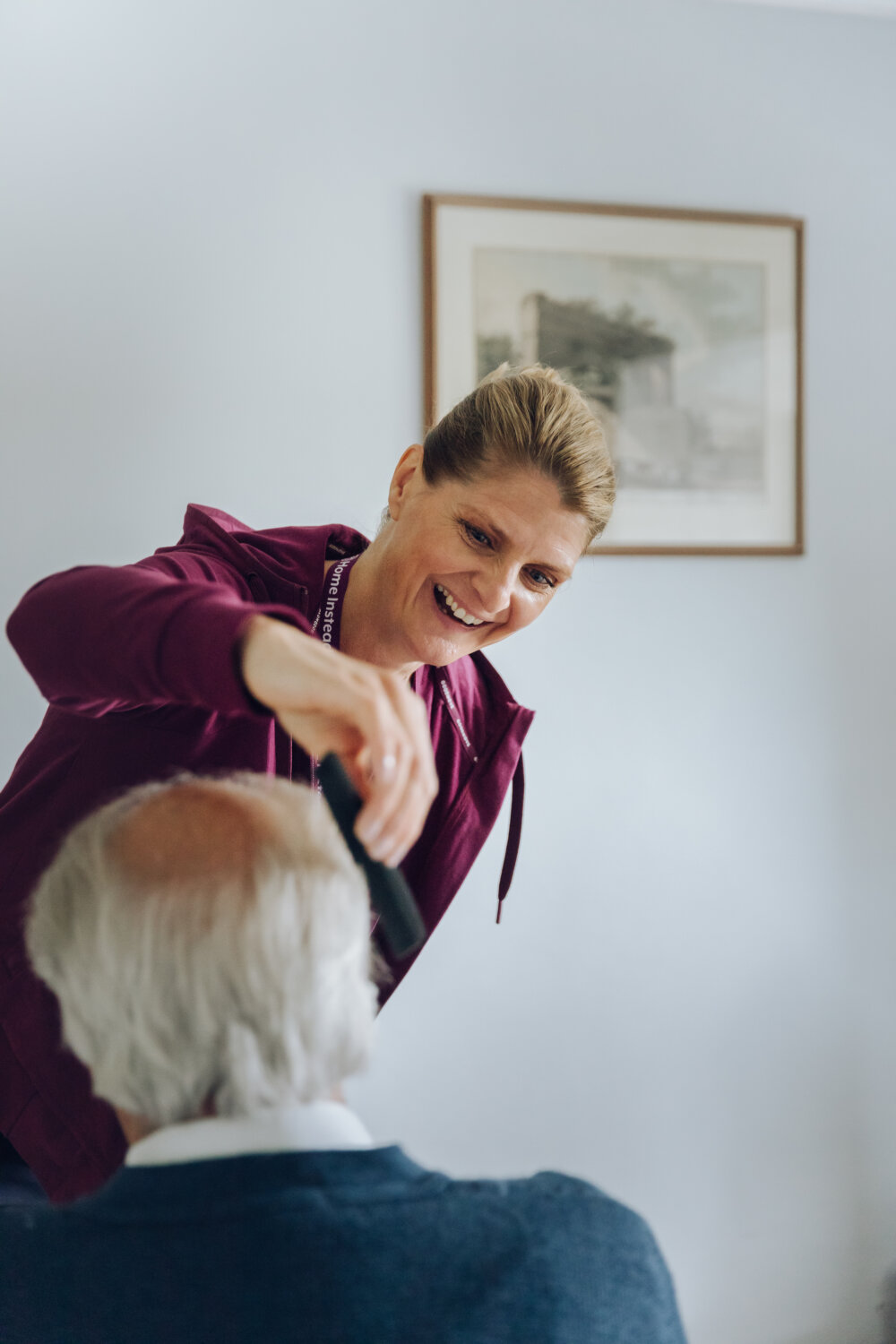
What types of care are available?
Care should be bespoke to the individual requiring it, and this can take place in a number of settings. For example, someone with intensive health needs may be required to attend a hospital for care, while someone who needs round-the-clock care may prefer to be moved to a care home where they can feel safe and supported day and night. For others, home care is a great alternative, allowing them to receive the flexible care they need from the comfort of the home they have spent many happy years in. You can read about some of the most common types of care, including companion care, personal care, medical care, dementia care and more, in our article What Is Home Or Domiciliary Care?Or read more about the benefits of home care in our article The Benefits of Home Care vs a Care Home, which include improved wellbeing from staying in a familiar environment, opportunities to maintain independence and see family and friends, and more.
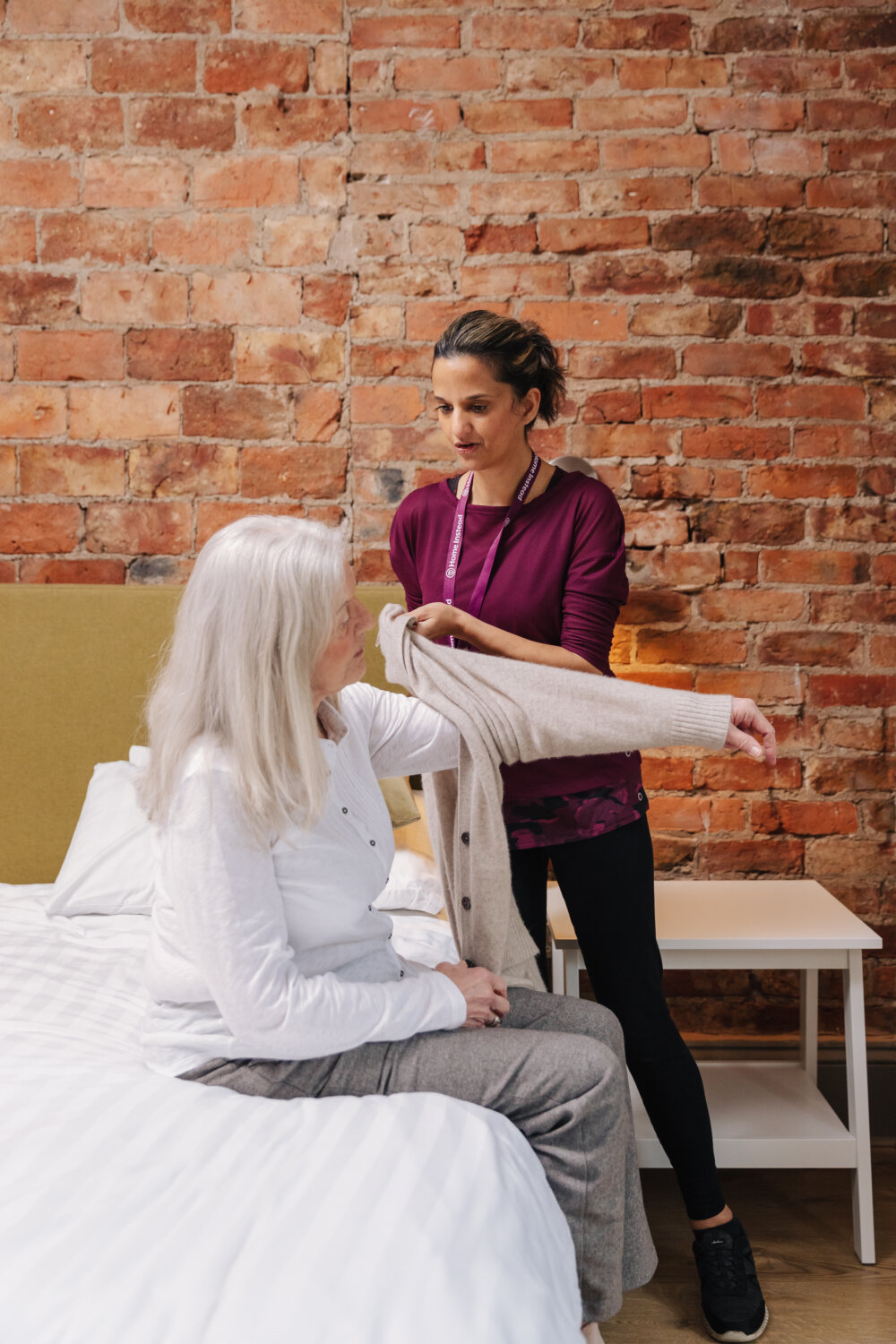
What are the signs that someone needs care?
Whether you are considering pursuing care services for yourself or a loved one, the decision can feel like a big one. If for yourself, you may be struggling with the idea of losing any part of your independence. Or, if you are researching care for an elderly relative, you may be struggling with feelings of guilt about making decisions too early or too late. Here are some common signs that indicate the right time to start looking into care:
Weight loss
Noticing changes in your own physical appearance isn’t always possible when you see yourself every day, but weight loss is a common sign that something has changed. This could be due to a number of reasons, such as forgetting to eat regularly, losing confidence with cooking, or a medical issue such as cancer – if you notice dramatic weight loss without diet changes, speak to a doctor to rule this out. A carer can help if you or your loved one require assistance with tasks like ensuring the kitchen is always stocked with food, cooking nutrient-rich meals, and sticking to a regular eating schedule. Ask yourself: ❐ Have you / has your loved one lost a lot of weight in a short amount of time?❐ Are you / is your loved one skipping meals often? ❐ Do you / does your loved one still feel confident cooking your/their favourite meals?

Keeping up with personal care activities
Personal care can include things like washing regularly, applying products and getting dressed. If you feel you are no longer able to carry out your usual routine, then getting a helping hand with this part of your day could help you feel fresh, clean and confident. If you notice your loved one is not taking as much time over their personal care activities, or notice any of the below signs, they may need some assistance in their routine:
- Smelling of body odour
- Wearing unclean clothes with stains on them
- A smell of urine in the home, which could be a sign of incontinence
- A dishevelled appearance, such as unkempt hair or an unclean beard
- Long nails
There are a number of reasons an elderly person may neglect their personal care routine without realising it. For example, they might struggle to get in and out of the shower or bath due to mobility restrictions or a fear of falling. Bringing up someone’s hygiene can be a sensitive topic, so try to do this in an empathetic manner so they don’t feel embarrassed. Remind them that anything you say or suggest is to keep them feeling comfortable. Ask yourself: ❐ Do you see stains on your loved one’s clothes or around the home?❐ How often do you bathe? This doesn’t need to be daily, but you should have regular access to a safe way to get clean. ❐ Do you/they have any mobility restrictions making certain tasks more difficult and potentially dangerous, such as trimming toenails?
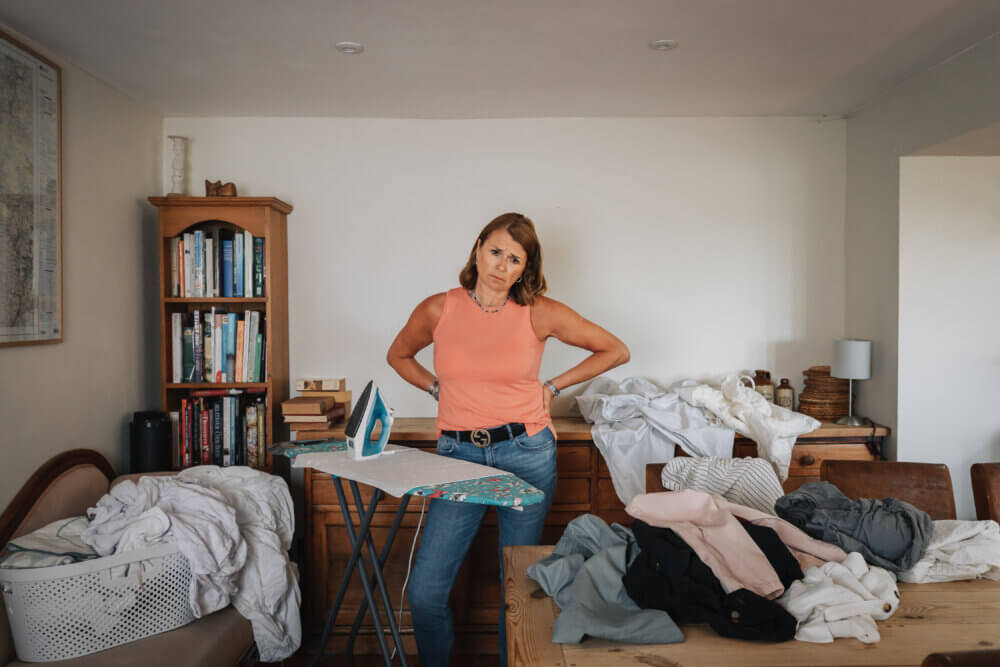
Experiencing depression
Depression can develop gradually, which makes it difficult to recognise in oneself or in a loved one. However, it is vital the signs of depression are acted upon as soon as possible. According to the World Health Organization, the most common mental health conditions for older adults are depression and anxiety, and a 2019 report found around 27.2% of global deaths from suicide happen to those aged 60+.
Watch out for changes in loved ones, such as becoming withdrawn and quiet, losing interest in activities which were once enjoyable, feeling reluctant to see family and friends, sleeping more often, or experiencing mood swings.
Ask yourself:
❐ Are you / is your loved one quieter than usual?
❐ Do you / does your loved one feel less interested in taking part in activities?
❐ Are you / is your loved one becoming more withdrawn from family or the community?
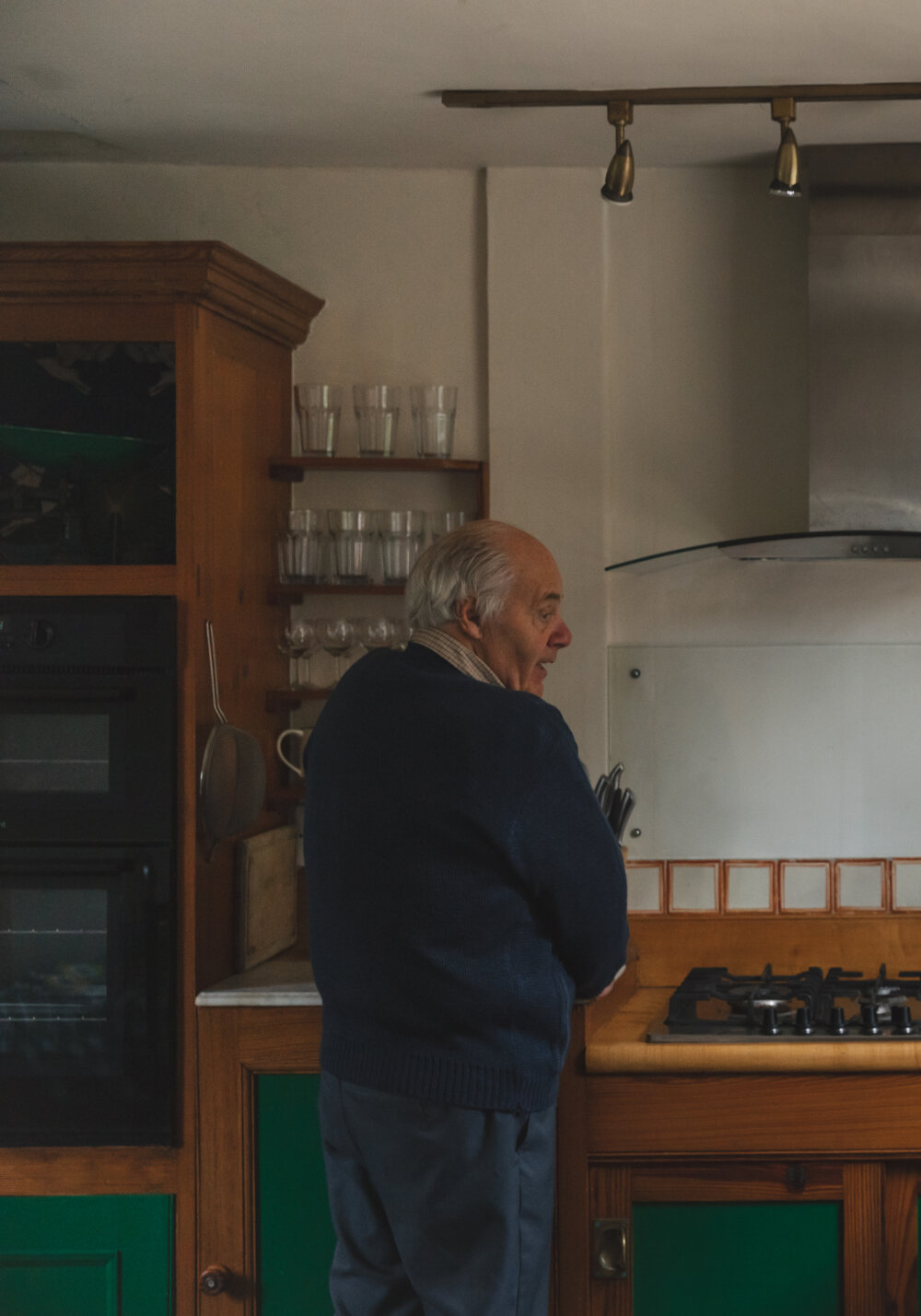
Loneliness
Elderly adults have an increased risk of loneliness and isolation, as they are more likely to live alone and experience the loss of friends. According to the WHO, loneliness and social isolation are key risk factors for mental health conditions in the elderly, and a report from the National Academies of Sciences, Engineering, and Medicine found almost a quarter of adults aged 65+ are considered ‘socially isolated’. This presents health risks, with the Centers for Disease Control and Prevention stating social isolation is associated with around a 50% increased risk of dementia.
Social activities can lead to significant improvements in mental health, reduced depression symptoms and increased quality of life. Not only can carers provide much-needed companionship, they can also help to organise other social opportunities, community initiatives, creative arts groups, leisure activities and more.
Ask yourself:
❐ Do you / does your loved one feel less connected to family and friends recently?
❐ Do you / does your loved one get regular visitors to the home throughout the week?
❐ Are you / is your loved one experiencing any the symptoms of depression?
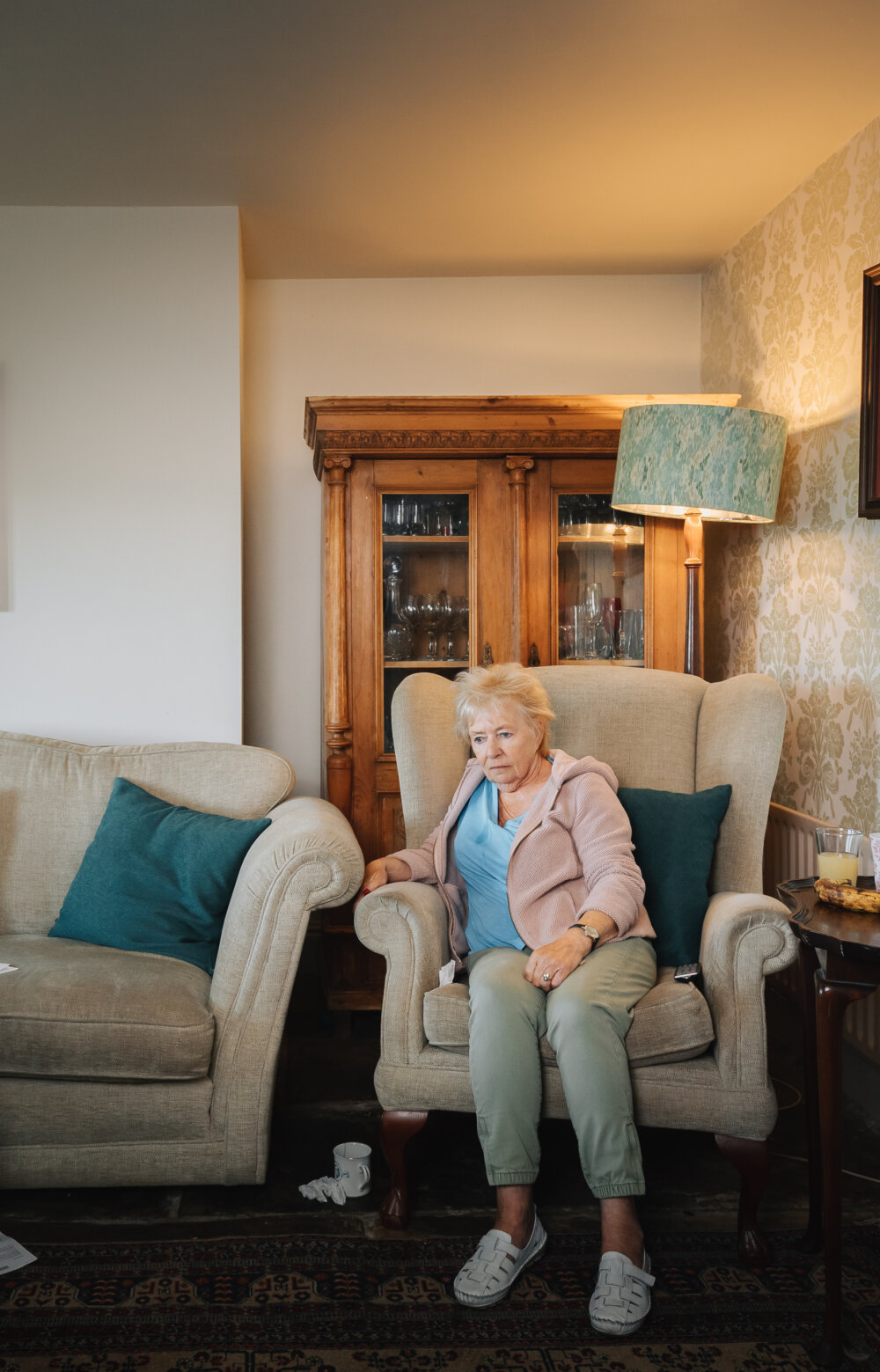
Forgetting things regularly / experiencing confusion
One of the key signs of requiring additional care is forgetfulness or confusion. If you have experienced this recently, don’t worry; forgetting things does not always equal dementia, and if you are concerned about forgetfulness at all you should not hesitate to discuss these signs with a loved one or medical professional. It may simply mean you need a little extra help with everyday tasks. If you have found yourself doing things like forgetting to take medication, or leaving the cooker on, it is much safer to let someone know you have these concerns. Don’t keep it to yourself, as this could become dangerous for your wellbeing.
Dementia can sometimes be a concern in these cases. If your relative is showing signs of forgetfulness or confusion, needing help when making decisions, forgetting where they are, struggling to follow directions, or putting things in the wrong place, you should consider helping them book a doctor’s appointment to discuss this.
Ask yourself:
❐ Do you / does your loved one often forget important details you believe should be easy to remember?
❐ Do you / does your loved one often feel disoriented, confused or scared?
❐ Have you / has your loved one forgotten to do something that might be considered a safety concern, such as leaving the gas stove on for several hours after cooking?
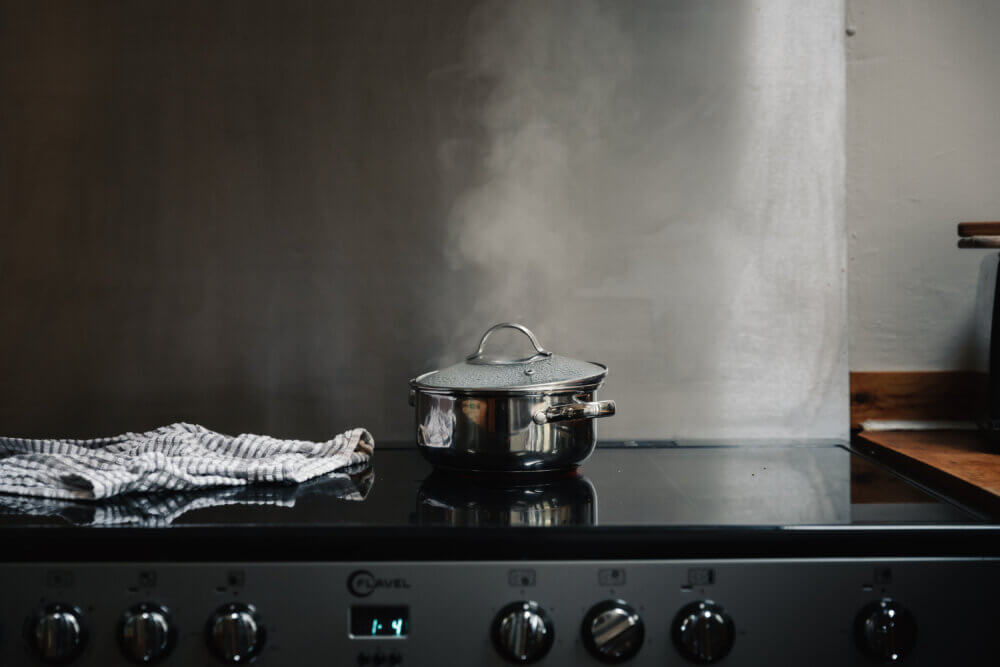
Keeping up with household tasks
A lack of cleaning and tidying around the home can sometimes be a clear indicator that someone may need help in this area or other areas of life. For example, if your loved one’s home starts to look unclean, messy, cluttered, or perhaps you notice spills haven’t been properly cleaned, it could be becoming unmanageable for them and they may require assistance with housework and other chores. You may also notice a change in the smell of their home if they have been unable to clean their space, or signs of excessive hoarding which can build up quickly. A carer can provide home help and housekeeping to make home maintenance easier.
Administrative chores can also feel overwhelming. For example, keeping up with finances can be daunting with the likes of online banking. Seniors are more at risk of being victimised by scam artists and fraudulent activity, so if you are worried you or a loved one might be tricked in this way, a carer could help provide peace of mind when answering phone calls, dealing with mail, or ensuring no personal details are given out.
Ask yourself:
❐ Does your / your loved one’s home look or smell unclean?
❐ Does your / your loved one’s home look untidy, or full of clutter?
❐ Are you concerned about keeping up with your / your loved one’s administrative responsibilities, such as paying bills?
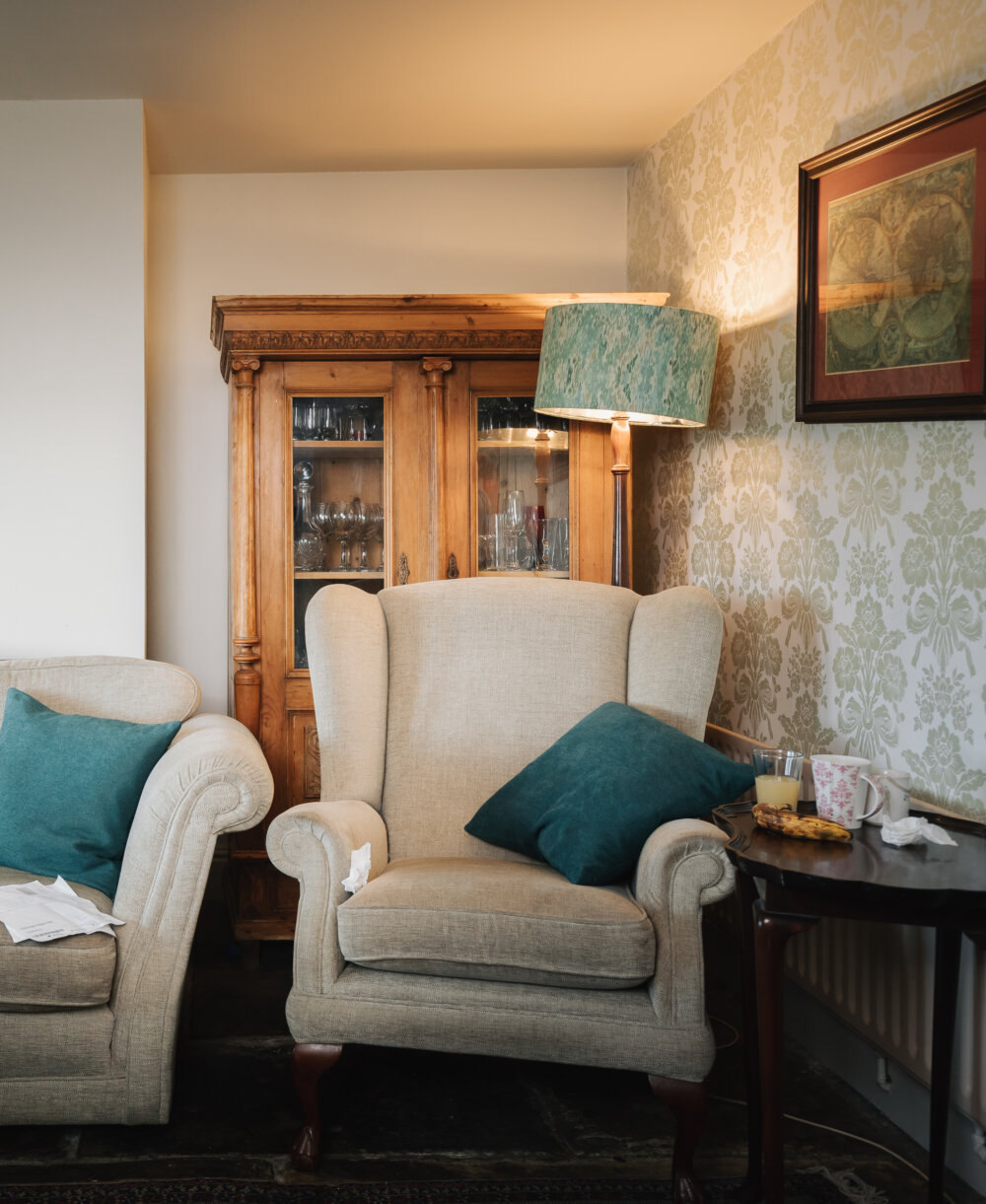
Concerning falls
Accidents can happen to anyone, but seniors may experience falls if they are unsteady on their feet due to mobility issues or health conditions. When this happens, there can be much higher risk of broken bones or life-threatening injuries.
A survey by Age UK found around 4.3 million older people are worried about falling, with 36% saying it is their primary concern. If you have had a fall that has worried you, caused bad injuries, or has led to a fear of moving around freely in your home, a carer could offer peace of mind. Similarly, if your loved one has had a concerning fall, you may wish to look into care options so you feel confident they are not undertaking activities at home that could lead to falls, such as reaching for high shelves or showering in the morning.
Remember, simple tasks others take for granted can be difficult for those with mobility issues, such as tying shoelaces or climbing steep stairs. If you believe you or your loved one is more at risk of having an accident, consider what kind of care or home improvements might be necessary to keep them safe and enjoying their home without the threat of injury.
Ask yourself:
❐ Are there any areas of concern in your / your loved one’s home that could cause trips?
❐ Do you feel scared to walk around your home freely after a fall?
❐ Does your loved one have any injuries they may not have disclosed? Bruises, scrapes and swelling are all indications of recent falls that should be addressed.
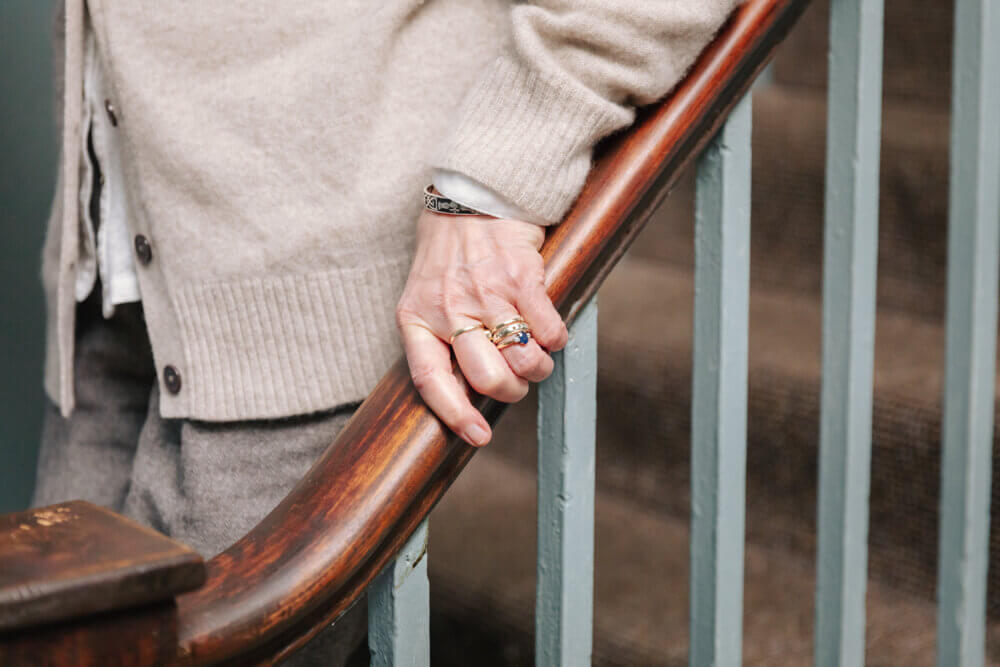
How do you know if you need care?
If you answered yes to some of the above questions, then it could be time to start having discussions with a loved one about care needs. This does not mean you must receive full-time care, as there are many different types of flexible care available. Understanding the above signs is a great first step, so you can start to recognise where help might be needed.
If you have any concerns about your own wellbeing, start by bringing this up with family and have an open and honest discussion about what you are struggling with, and where you believe you require additional help. If this is something medical, you may prefer to speak to your doctor about this.
Similarly, if you are concerned about a loved one, starting conversations about future care needs as early as possible will mean broaching the subject isn’t as difficult when the time comes. Always remind your loved one their safety and comfort is your number one priority, which is why you are considering their care needs early.
If you have noticed a physical, emotional or mental decline in your loved one, then it’s time to start looking into the process of acquiring care for them. Reading this article is a great first step, and you can read more about How To Choose and Arrange Home Care Services here.
At Home Instead, we understand there’s no place like home, so our home care offering aims to help elderly individuals retain independence and stay in familiar surroundings for as long as possible. Often, suggesting our flexible home care options to a loved one who does not yet feel ready to receive full-time care can be a great way to ensure their safety and comfort without a drastic change to their environment or lifestyle. We offer a number of bespoke services tailored to your needs, and our Care Professionals are highly trained to deliver an individualised service. Reach out to the team at Home Instead to learn more.
We’re an award-winning home care provider and part of a worldwide organisation devoted to providing the highest-quality relationship-led care for older people in their own homes. Deciding when the right time is to arrange care for yourself or your loved one can feel like a daunting task, so whatever questions you would like answered, feel free to reach out to the Home Instead team to discuss your needs.

Diane WIlliams , Head of Quality & Standards
Before joining Home Instead, I built a comprehensive career in the social care sector, beginning in 1991 as a frontline care worker and advancing to senior leadership roles across both private and voluntary sector businesses.
Throughout my career, I have supported diverse care groups in a variety of settings, including community, residential, nursing, and secure environments. My experience spans working with older adults, including those living with dementia; individuals with physical disabilities and complex, long-term health needs; people with learning disabilities, including autism; individuals with enduring mental health challenges; individuals with current or past substance use and those with forensic backgrounds.
In 2002, I qualified as a social worker and have since maintained my professional registration with Social Work England.